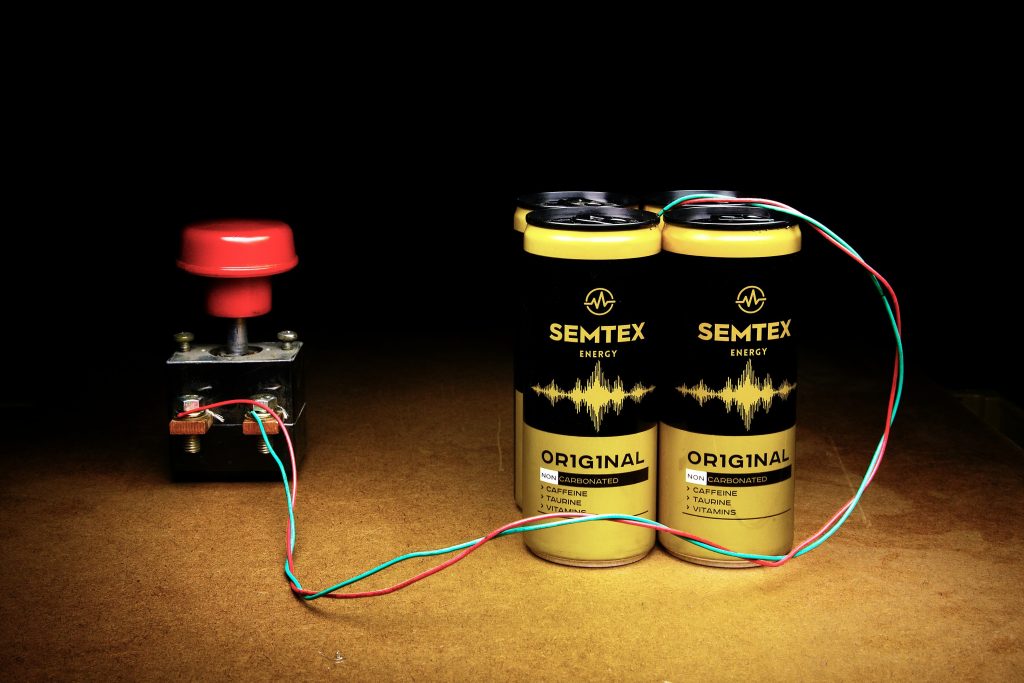In July this year, the Federal Government announced the Cheaper Homes Battery Program. The program is administered by the Department of Climate Change Energy Environment and Water DCCEEW and the funding is allocated by the Clean Energy Regulator CER, responsible for the solar PV rebates.
These upfront costs are available for new and existing solar power systems to install a Clean Energy Council CEC approved battery between 5 and 100 kWh, although only the first 50 kWh is eligible. Many residential customers who install a 10 kWh battery on a solar PV system would typically see a rebate of approximately 3500 applied. In rural areas, where there is no reliance on a grid connection, storage would typically be much larger.
Many installations performed by Stand Alone Power Systems have around 50 kWh battery capacity. The rebate applied to a 50 kWh battery installed in an off grid solar system is approximately 18000 plus. There are a few eligibility requirements; more on this at the end of this review. The purpose is to review three lithium batteries designed for both grid connected and off grid solar PV systems.
BYD B BOX LV FLEX
BYD began making batteries in 1995 for the global market. They entered the EV market in 2022 after establishing a global reputation as a lithium battery manufacturer and supplier to many EV companies. Their product range consists of both residential and commercial batteries.
The BYD B BOX LV FLEX is a 48 Volt 5 kWh battery. It can be stacked up to 64 units, equivalent to 320 kWh, making it ideal for off grid power systems. This allows for future expansion with ease, especially for customers who already have an existing solar PV system with surplus generation.
The LV Flex works with many inverter manufacturers approved by the CEC, meaning it is eligible for the Cheaper Home Battery rebate. BYD expansion in Australia is expected to strengthen its position in both the battery storage and EV markets.
ZYC SIMPO 5000
ZYC, a Chinese based battery manufacturer, has over 10 years of presence in the energy storage industry. In late 2023, they launched the SIMPO 5000 battery, a compact but scalable 5.12 kWh LiFePO4 module that can be expanded up to 80 units or 409 kWh in total capacity.
The SIMPO 5000 is suited to smaller residential systems under 10 kWh and larger commercial off grid systems over 50 kWh. It is CEC approved, warranted for 10 years, and eligible for the Cheaper Home Battery Program. ZYC are building their presence in the Australian market through local partnerships with off grid installers.
PowerPlus eco4840P
PowerPlus is Australia largest lithium battery manufacturer, headquartered in Melbourne since 2017. They design and assemble imported LiFePO4 cells for off grid, hybrid, and commercial systems.
The eco4840P is a 48 Volt 4.7 kWh unlimited stackable battery. It is a popular option for off grid installers because it is locally supported, designed for Australian conditions, and conservatively rated. While slightly more expensive than the Chinese brands, it offers robust construction, heat tolerance, and proven reliability.
Its main advantage is unlimited scalability, although additional communications equipment is required. Its conservative specifications and partnerships with leading inverter brands make it a strong choice for long term support.
Comparison of Cycle Life
- PowerPlus eco4840P 50 percent DoD 7000 to 10000 cycles, 75 percent DoD 4000 to 5000 cycles, 80 percent DoD 3560 to 4000 cycles
- BYD LV FLEX No published cycle count, but designed for daily cycling with 60 percent capacity guarantee after 10 years
- ZYC SIMPO 5000 Greater than 6000 cycles at 25 °C, with 70 percent state of health after 10 years
Warranty and Capacity Retention
All three products carry a 10 year warranty. The BYD LV Flex warranty only applies to systems under 50 kWh, with commercial terms applying above that threshold. PowerPlus and BYD claim 60 percent usable capacity after 10 years, while ZYC claims 70 percent.
Eligibility Requirements for the Cheaper Home Battery Program
For grid connected systems, eligibility requires that the system is Virtual Power Plant VPP capable. For off grid systems less than 1 kilometre from the grid, VPP capability is also required. For systems more than 1 kilometre from the grid, the cost of connection must be 30000 or more, or the system must be VPP capable.
Conclusion
All three batteries reviewed BYD LV Flex, ZYC SIMPO 5000, and PowerPlus eco4840P are eligible for the Cheaper Home Battery Program and provide reliable solutions for both grid connected and off grid solar systems. Each has strengths; BYD offers scalability and brand recognition, ZYC provides affordability and a higher claimed capacity retention, while PowerPlus stands out for local support, conservative ratings, and unlimited scalability.
Author Mark Wright, founder of Stand Alone Power Systems 2006. Stand Alone Power Systems have been providing off grid solar energy systems in Queensland and NSW for almost 20 years. www.standalonepower.com.au

